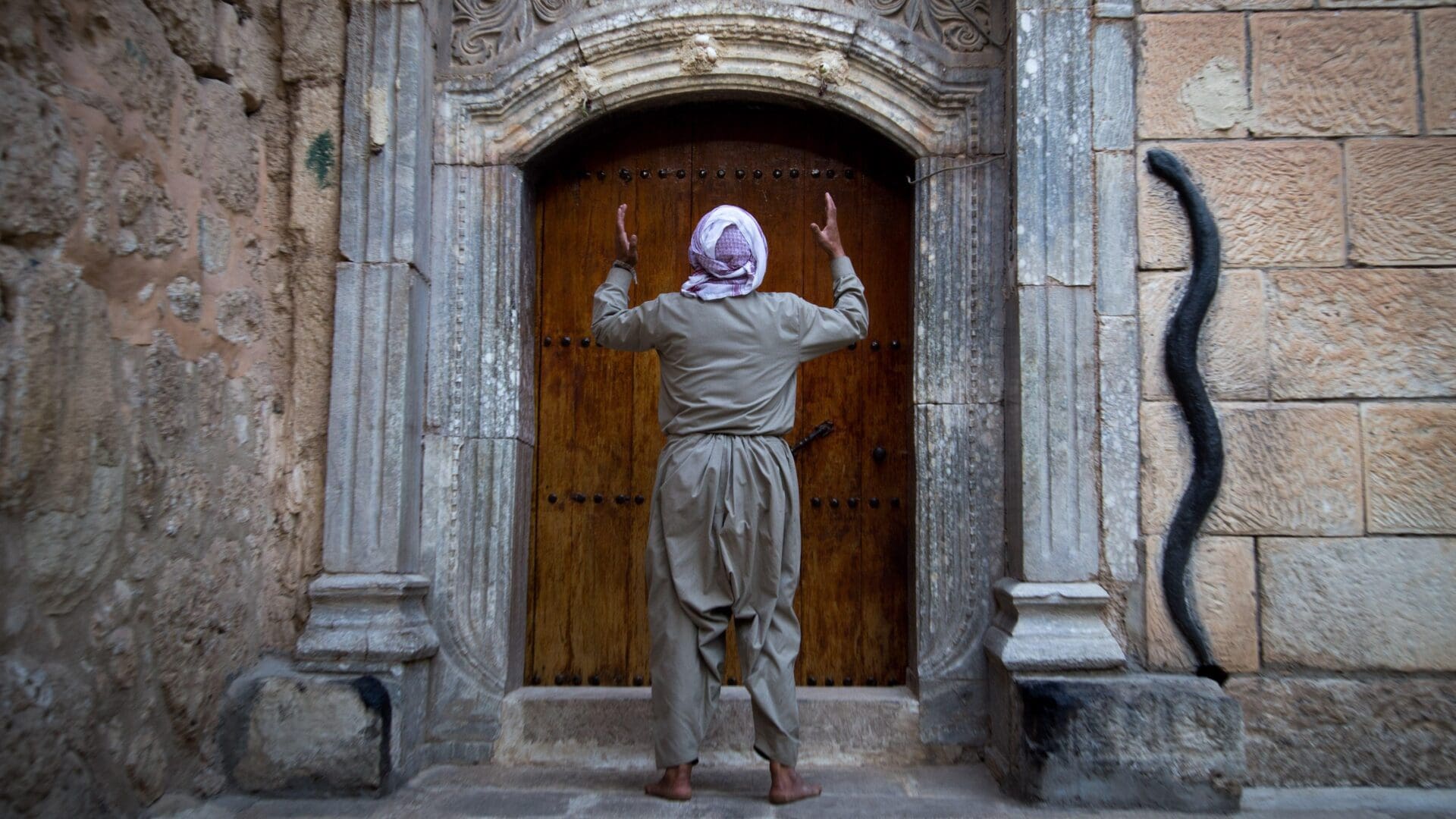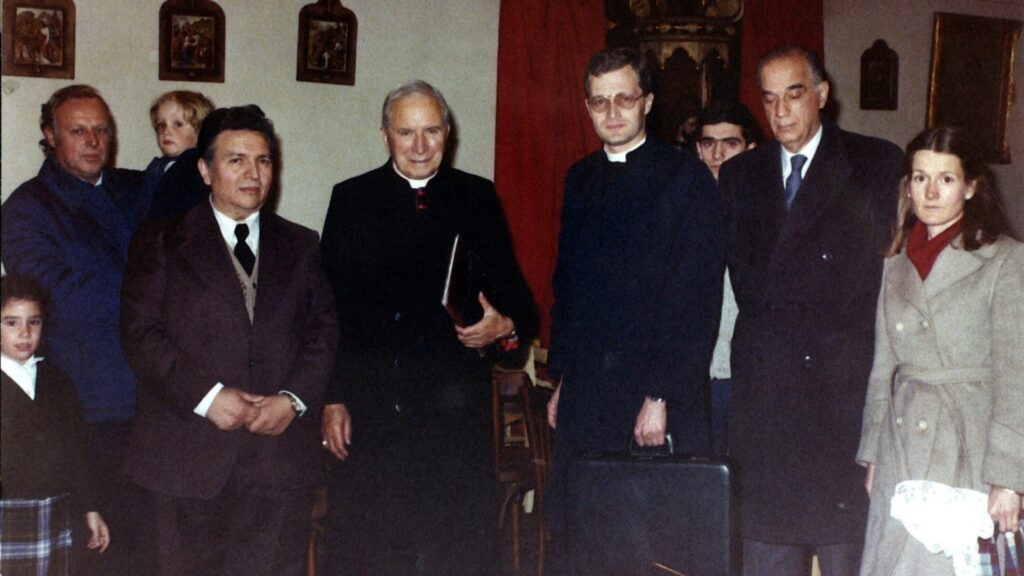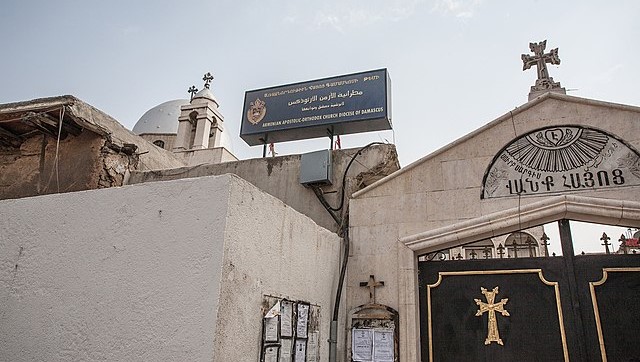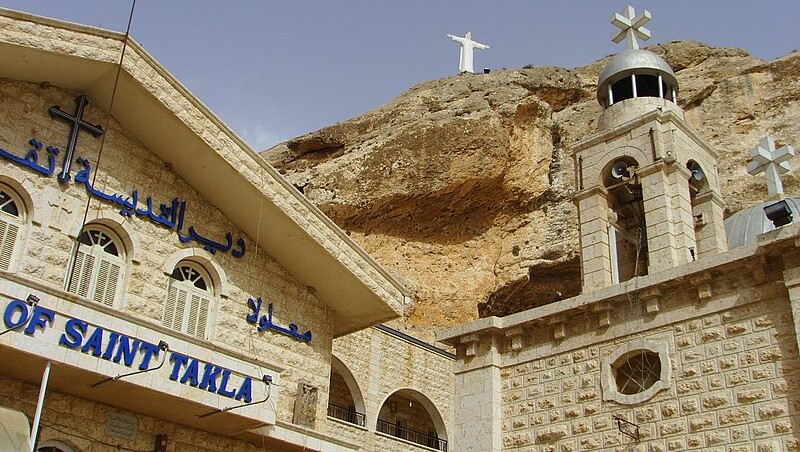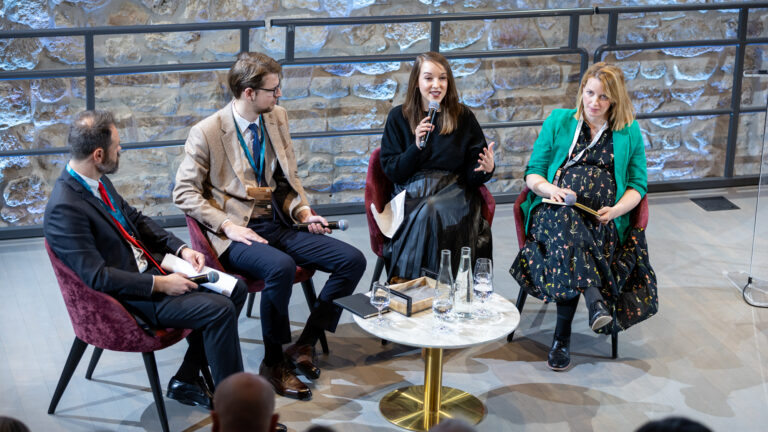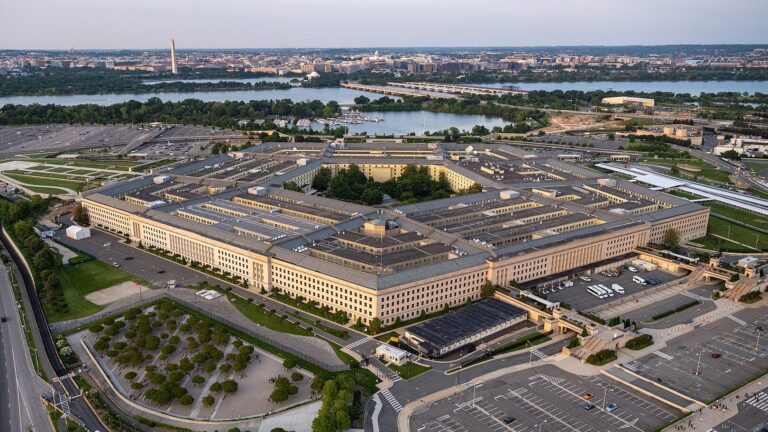On 19 January Germany’s lower house of parliament recognised the 2014 massacre of Yazidis by the self-proclaimed Islamic State in Iraq as a “genocide”. The vote followed similar moves by countries including Australia, Belgium, and the Netherlands—in 2021 the United Nations Investigative Team for Accountability of Da’esh/ISIL (UNITAD) had recognised the ethnic cleansing against the Yazidis. The declaration stated that ISIS jihadists committed “indescribable atrocities” and “tyrannical injustice with the intention of completely wiping out the Yazidi community”. Approximately, 400,000 Yazidis were captured, killed, or forced to flee from their ancestral homeland in Sinjar.
The carnage stopped when the Islamic State was defeated in 2017. Yet while the acknowledgment of genocide has been hailed by the Yazidi community, it tends to be none other than an appeasement as their situation remains unsettled, to say the least.
Who Are the Yazidis?
Yazidis, (also spelled Yezīdī, Azīdī,) are an ancient religious minority numbering approximately one million worldwide. Most of them live in the Nineveh and Dohuk provinces of Iraq with large communities in Sinjar and Shekhan where a number of their holy sites are located. They are also found in southeastern Turkey, northern Syria, the Caucasus region, and parts of Iran. Their religion is considered by its adherents to be the oldest monotheistic one in the world. Its elements are a syncretism of ancient Persian religions, in addition to elements of Judaism, Nestorian Christianity, and Islam.
Like Christians, they too underwent brutal torments by the ISIS jihadists, yet their stories hardly get the coverage they would deserve in the West. From a population estimated at between 500,000 to 700,000 before 2014, of whom around half lived in the aforementioned Shekhan and Sinjar districts, just over 300,000 Yazidis are thought to remain today, and nearly 2,800 women are still missing.
Genocide of Yazidis by ISIS
At the height of ISIS’ rampage through Iraq in the summer of 2014, over 5,000 Yazidis were massacred. Yazidi children were forcibly converted to Islam. Thousands of Yazidi boys were starved, tortured, and forced to fight for ISIS. Many former child soldiers today live with missing arms or legs.
As many as 10,000 women and girls were forced into sexual slavery by the jihadists. Of notable mention is the account of Layla Talu, who had been betrayed by her neighbours as they told the Islamic jihadists where she had fled with her family.
At 7 am on the morning of 3 August 2014, Layla, her husband, Marwan Khalil, and their two children, who were age four and eighteen months, left their home. Like tens of thousands of other Yazidis, they hoped to take shelter on Mount Sinjar, but were captured.
After her husband was separated from Layla, she and her children were transported with others to Baaj district, southwest of Mosul, where they were held for four days. From there, they moved to Tal Afar, where they were detained in a school before being transferred again a week later to Badush prison. When the prison was bombed by coalition aircraft, they were sent back to Tal Afar.
Layla says that the women and children were beaten, insulted, threatened, and starved. Eight months later, when many were exhausted by illness, they were transferred to the Syrian city of Raqqa, ISIS’ stronghold. She was continually moved from one place to another, raped and whipped by both Iraqi and Saudi Muslims faithful to the Islamic State.
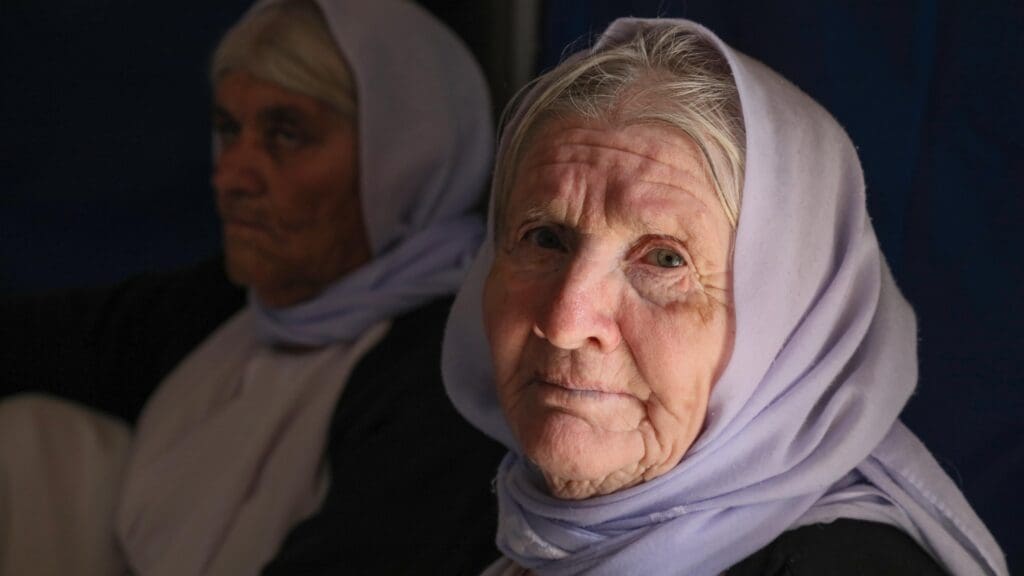
Political Strife
As personally told to me by a young Yazidi student, Basma Alali, who studies English at the Catholic University of Erbil (CUE)—founded in December 2015 by Archbishop Bashar Warda, of the Chaldean Catholic Archdiocese of Erbil (Kurdistan):
[The Kurdish ruling party in Iraq is] “secular and does not tolerate Islamic extremism which in turn has brought some stability in Kurdistan whereby all religions and ethnicities can live together. On the other hand, Arab Islamists still see Yazidis as infidels, even some official members of the Iraqi government see us as infidels. Some of the ruling parties in the Iraqi government are Islamic extremists and they neglect Yazidis on a continual basis.”
In fact, nearly one third of Yazidis live in makeshift refugee camps in the Kurdistan region. To add insult to injury, they have no status with the UN group that is tasked with processing claims.
Many are also caught in the middle of the crossfire between the predominantly Kurdish People’s Protection Units (YPG), the Sinjar Resistance Units (YBS)—a Yazidi militia formed in Iraq in 2007 to protect Yazidis in Iraq in the wake of attacks by Sunni Islamist insurgents—and Iraqi soldiers. Because the YBS has ties to the insurgent Kurdistan Worker’s Party, or PKK, Turkish President Recep Tayyip Erdoğan is now targeting Yazidis—all in the Sinjar region continue to be targets of Turkish bombings. Additionally, as indicated, the Iraqi army has become a problem and an unsettling factor for Yazdis who seek to re-inhabit their homes. There are also many political assassinations and insecurity within the community as each group singles out anyone who not of their own as their adversary.
As of last September, the mental health impacts on girl survivors included post-traumatic stress disorder, depression, as well as other severe physical and mental health outcomes.
The Plight of Yazidi Children
Yazidi children who express a desire to be educated in schools, continue to be denied their right to education. For many of them, their closest schools remain empty, bombed, and destroyed. There are some places where they can go to school, but the children have to reluctantly travel far distances. Yet they lack materials, such as textbooks and decent classrooms.
Lack of civil documentation also hinders some Yazidi children from going to school. Many lost their identity documents during the genocide, while many younger children have not even been registered at birth. Without this, these youngsters cannot access basic services like education and healthcare. And if they are able to obtain new documentation, the cost is beyond what their parents can afford. Children born in captivity face even greater challenges as proof of paternity is required in Iraq for registration by unmarried parents. Barring this, a child is registered as Muslim, rendering them both legally and culturally non-Yazidi, further branding them as outcasts.
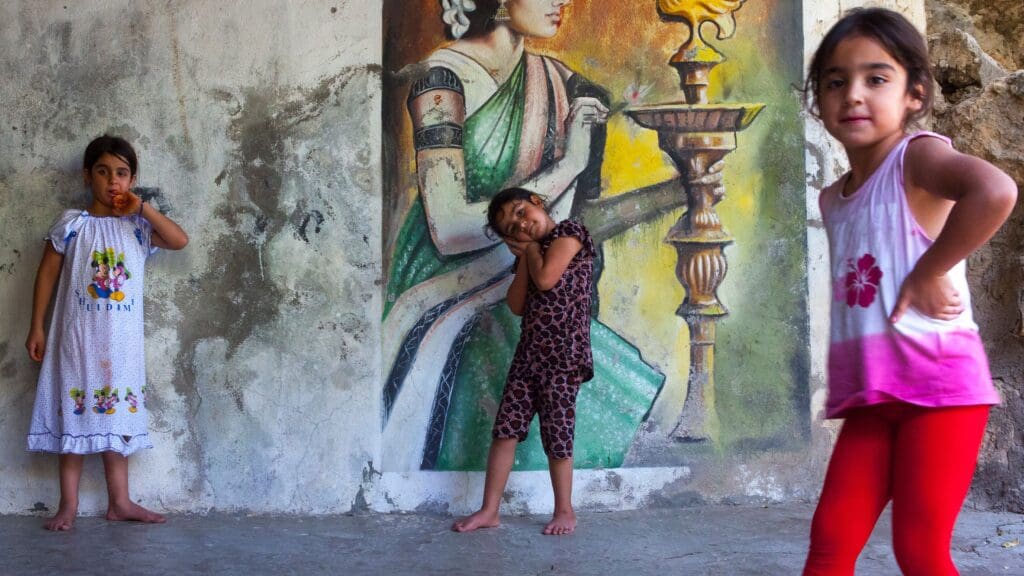
A Source of Hope: The Catholic University of Erbil
There is, nevertheless, a silver lining in the clouds for some Yazidis, which is being able to study at the aforementioned CUE. It is, in fact, the sole Catholic institution of higher education that is recognised by an Islamic country in the Middle East.
As recounted by another Yazidi, Safwan, who studies Computer Science at the aforementioned CUE, the university offers scholarships to Yazidi students “who have no possibilities to study at the universities of Mosul and Dohuk.”
For him, CUE has become his “family” because, as he recounts, “before I came to CUE, I had no idea who I was and what my life meant, but eventually I realised it with CUE.”
However, students such as Basma and Safwan—there are 64 Yazidis of a 500+ student body at CUE—are just a handful of the fortunate ones.
Yes, it is important that the world recognises the genocide the Yazidis have undergone. Nevertheless, they struggle to be ensured by government officials personal safety, justice, and compensation.
“The majority of Yazidis”, says Basma, “fear for their lives and have lost trust in local authorities from both the Iraqi and the Kurdistan regional governments. Neither did anything to come to their rescue when they were attacked by ISIS. And except for Germany, few institutions have invested the time and money to properly meet the needs of the Yazidis.”
Like so many Christians who are persecuted because of the sharia mentality, the international community needs to furnish opportunities for the Yazidis that will offer them a chance to live in a dignified manner. Talk is cheap, unless if it is backed by action.

